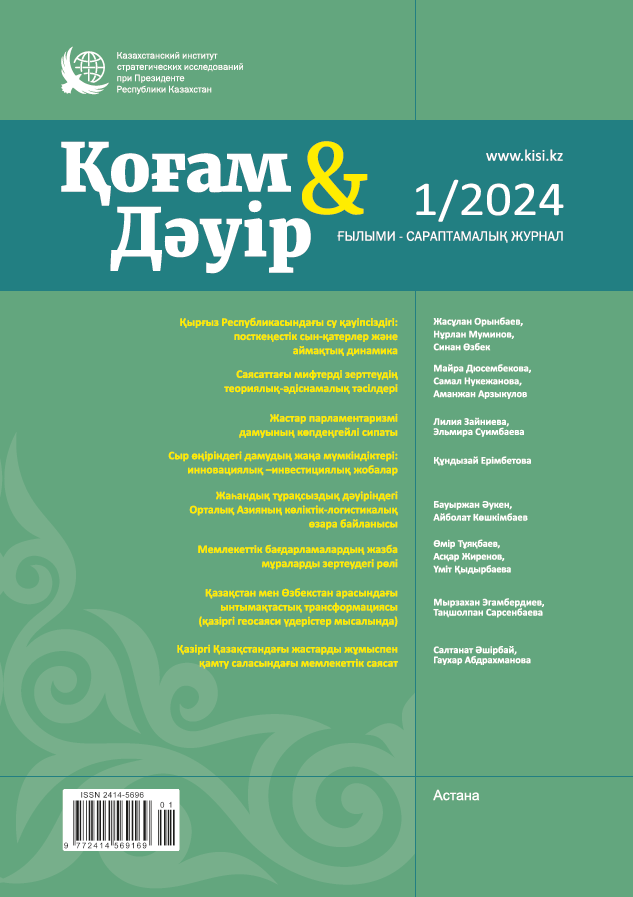Abstract
Recent scientific studies often note that as technocratic political processes intensify in the world, the process of globalization and unification of cultural space are gaining momentum. In the context of threats from globalization, national culture, values, and national code have been chosen as the main guidelines in the field of domestic politics, culture and ideology in the Republic of Kazakhstan. In order to study, develop and establish them in the country, the Government of the Republic of Kazakhstan adopted several state programs and allocated large funds for the study of national culture and history in all its diversity and grandeur and its use for the benefit of the future of the country. Today, this policy is continued by the Archive 2025 project, within the framework of which representatives of the social and human sciences and specialized specialists are mobilized for scientific research.
Healing art is one of the cultures that has become widely developed and intertwined with the culture, lifestyle and worldview of the peoples of past centuries at the junction of civilizations. The article seeks answers to questions about how steppe culture, including medicine, developed, and what place it played in the cultural exchange between peoples and states in past centuries. The article reviews “Tansuk-name Ilkhani”, “Asrar al-Atibba” as bright sources of steppe medicine, identified as a result of research within the framework of government programs, the problems of their research.


